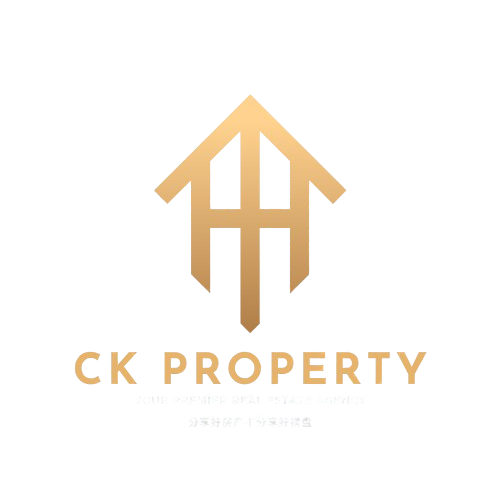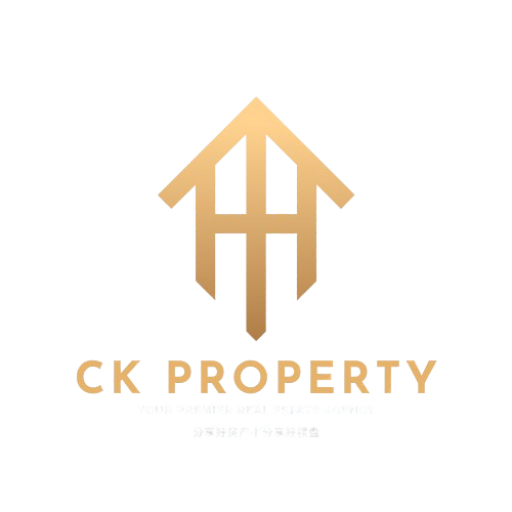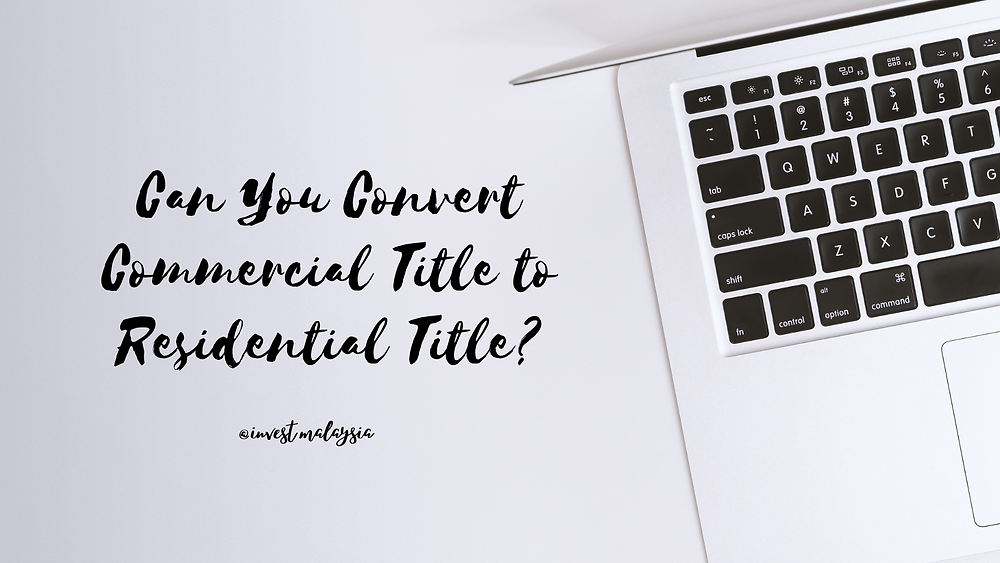Differences between Commercial Under HDA, Residential, and Commercial Properties in Malaysia
When navigating property ownership in Malaysia, it’s important to differentiate between commercial properties under the Housing Development Act (HDA), corporate-owned commercial properties, and residential properties. Each type comes with its own financing options and legal implications, especially in how loans are structured.
1. Commercial Properties Under the Housing Development Act (HDA)
Some commercial properties in Malaysia fall under the Housing Development Act (HDA), providing buyers with similar benefits as residential properties. Examples of these properties include SOHO, SOVO, and service apartments, which are technically categorized as commercial, but come with residential-like advantages.
Key Features of Commercial Properties Under HDA:
Loan Terms Similar to Residential: The major advantage of commercial properties under HDA is that they often qualify for residential loan terms. This means:
- First and second properties: You can get up to 90% loan-to-value (LTV), similar to residential loans.
- Third property onward: The LTV is reduced to 70%, the same as for residential property investors.
Switching Utility Rates: For many of these properties, buyers can request to have their commercial utility rates (e.g., water, electricity) switched to residential rates, which are generally lower. This is especially beneficial if you’re using the unit for personal use or as a residence.
HDA Protections: Like residential properties, commercial properties under HDA enjoy legal protections such as a standard Sales and Purchase Agreement (SPA) and access to the Housing Tribunal for disputes. Buyers are also protected by the developer’s obligation to complete the project on time and remedy any defects.
Why Choose Commercial Properties Under HDA?
These properties are great for small business owners, digital nomads, or investors who want the flexibility of using the space for commercial purposes, but with the benefits and protections of a residential loan.
2. Corporate-Owned Commercial Properties
Corporate-owned commercial properties operate entirely outside of HDA protections. These properties are used for business purposes such as office buildings, retail stores, or industrial facilities, and the financing and legal structures reflect the higher risk and investment nature of these properties.
Key Features of Corporate-Owned Commercial Properties:
No HDA Protections: Unlike commercial properties under HDA, corporate-owned commercial properties do not benefit from legal protections such as standard SPAs or access to the Housing Tribunal.
Loan-to-Value (LTV): The LTV for these properties is typically capped at 85%, meaning buyers must make a down payment of at least 15-20%. Additionally, financing terms are more conservative, reflecting the higher risk associated with commercial investments.
Who Should Consider Corporate-Owned Commercial Properties?
These properties are ideal for businesses looking to own office space, industrial property, or retail outlets. While the returns can be substantial, the risks and upfront costs are higher than with residential or HDA-backed commercial properties.
3. Residential Properties
Residential properties in Malaysia are highly regulated under the HDA and offer a variety of protections and more favorable loan terms. They are the go-to option for first-time homebuyers, long-term investors, and families.
Key Features of Residential Properties:
HDA Protections: Buyers are well-protected under the HDA, ensuring that developers complete projects on time, provide defect rectification, and use a standardized SPA. Any disputes can be resolved through the Housing Tribunal.
Loan Terms: The loan-to-value (LTV) for residential properties is up to 90% for the first and second properties, and 70% for the third property onward. This makes it easier for individuals to secure financing, especially for first-time buyers.
Utility Rates: Residential utility rates are lower compared to commercial rates, reducing overall living expenses for homeowners.
Why Residential Properties Are Popular?
Residential properties are lower-risk and generally come with longer loan terms and lower interest rates, making them more accessible to the general population. For those looking to build long-term wealth through property, residential real estate is often a safer investment.

Key Differences Between Commercial Under HDA, Corporate-Owned Commercial, and Residential Properties
| Feature | Commercial Under HDA | Corporate-Owned Commercial | Residential |
|---|---|---|---|
| Loan-to-Value (LTV) | Up to 90% (1st & 2nd), 70% (3rd) | Up to 85% | Up to 90% (1st & 2nd), 70% (3rd) |
| Loan Tenure | Up to 35 years | Up to 35 years | Up to 35 years |
| Utility Rates | Can switch to residential rates | Commercial rates | Residential rates |
| HDA Protections | Yes | No | Yes |
| Risk Level | Moderate | High | Low to Moderate |
| Buyer Type | Small business owners, investors | Corporations, investors | Homebuyers, long-term investors |
Conclusion
Choosing the right property type—whether it’s a commercial property under HDA, a corporate-owned commercial property, or a residential property—depends on your goals and financial situation. Commercial properties under HDA provide a good middle ground for those seeking flexible commercial use with the security and favorable loan terms of a residential property. Corporate-owned commercial properties are best for experienced investors and businesses ready to handle higher risks, while residential properties remain the most popular and accessible option for individuals and families.
Understanding these differences will help you make informed decisions in the Malaysian property market, whether you’re buying for personal use or investment. Always consult a financial advisor or property expert to ensure you’re choosing the right option for your needs.


